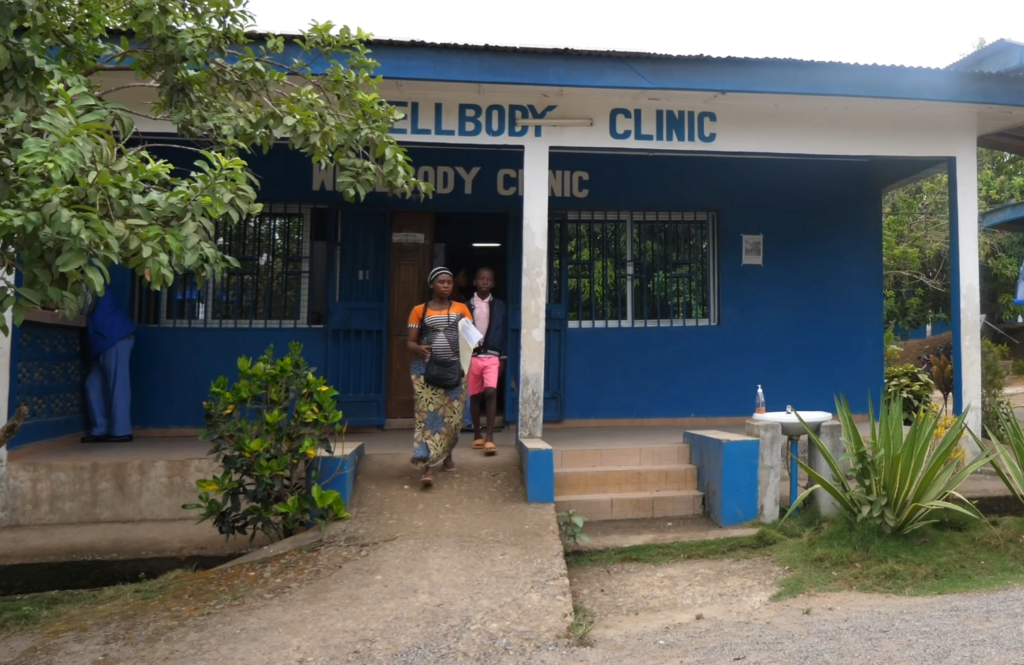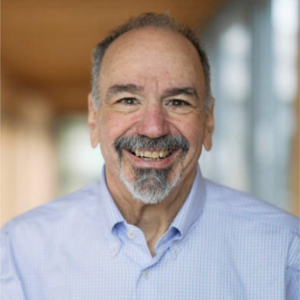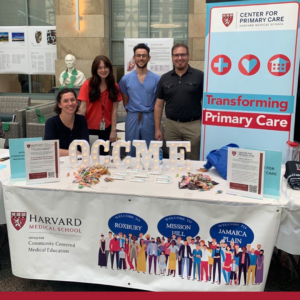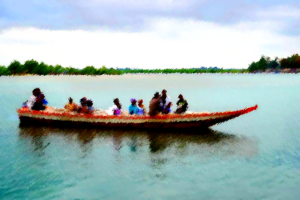
Over the past 10 years, Partners In Health (PIH) has made profound strides in strengthening health systems in Liberia and Sierra Leone, addressing critical gaps in maternal care, infectious disease treatment, and mental health services. What began as an emergency response to the devastating Ebola epidemic in 2014 has evolved into a long-term commitment to health equity and system strengthening, rooted in partnership with local governments and communities.
When Ebola struck West Africa, PIH stepped in despite having no prior presence in the region. The outbreak exposed the fragility of health systems shaped by decades of colonial exploitation, civil war, and systemic neglect. PIH co-founder Dr. Paul Farmer emphasized that weak health systems were a legacy of historical injustices, which allowed Ebola to become the deadliest outbreak in recorded history, claiming over 11,000 lives.

In response, PIH trained and deployed thousands of health workers, established Ebola Treatment Units, and provided lifesaving care. Their efforts not only helped contain the epidemic but also laid the foundation for rebuilding health systems in its aftermath.
One of PIH’s most significant achievements has been its impact on maternal health. In Sierra Leone, maternal mortality rates have been cut by more than half, thanks to improved access to prenatal care, family planning, and safe deliveries at PIH-supported facilities like Koidu Government Hospital.
Between 2020 and 2023, prenatal care visits at Wellbody Clinic increased by 219%, and the number of women giving birth at Koidu Hospital rose by 55%. PIH’s Maternal Center of Excellence, currently under construction, aims to further advance women’s health by serving as a state-of-the-art teaching and referral hospital.

In Liberia, PIH has revitalized health care in remote communities, particularly in Maryland County, where they renovated J.J. Dossen Memorial Hospital and established the country’s first multidrug-resistant tuberculosis ward outside the capital. Community health workers have played a pivotal role, completing over 171,000 home visits between 2019 and 2023, screening for diseases, and accompanying patients to hospitals. PIH’s innovative use of artificial intelligence for tuberculosis testing has achieved a 92% treatment success rate, setting a new standard for care.

PIH’s work extends beyond physical health. In Sierra Leone, they transformed the Sierra Leone Psychiatric Teaching Hospital into an accredited facility, providing dignified mental health care and training future providers. They also pioneered an electronic medical records system at Wellbody Clinic, enhancing primary care delivery and innovation.
Central to PIH’s success is its philosophy of accompaniment—walking alongside communities and governments to build sustainable systems. As Vicky Reed, PIH Sierra Leone’s executive director, explained in a recent article, “The value of accompaniment means meeting partners and patients where they are in their journey and walking together from start to finish.” This approach has fostered trust and collaboration, enabling PIH to remain in West Africa long after other organizations departed.
Mohamed Nao, an Ebola survivor turned PIH employee, embodies this enduring commitment. Reflecting on his experience in the same article, he said, “They stopped giving us support, but PIH continued.” Nao, now a social support and patient referral coordinator, helps survivors access education, stipends, and medical care, ensuring they are not forgotten.
As PIH looks to the future, its focus remains on empowering local leaders and communities to drive change. “We’re there to support, but they’re driving it,” said PIH CEO Dr. Sheila Davis in the same article. With 19,000 staff worldwide, PIH continues to fight for health as a human right, proving that long-term partnership and solidarity can transform even the most fragile health systems.
Read the full article from Partners in Health, published January 8, 2025: 10 Years of Impact and Accompaniment in West Africa
Watch this video about PIH’s work in West Africa:
Related Articles

Constructing Hope: Jim Ansara’s Mission to Revolutionize Global Healthcare
Jim Ansara, co-founder of Build Health International, transformed his construction expertise into a force for global health equity. His organization has completed over 200 healthcare projects, bringing dignified and sustainable medical facilities to underserved communities worldwide.

From Classroom to Community: Harvard Med School’s Path for Future Doctors
Imagine future doctors learning not just from textbooks, but from the heart of Boston’s communities. That’s the vision of Harvard Medical School’s Office for Community-Centered Medical Education, where Daniel Palazuelos is reshaping how tomorrow’s physicians understand health, equity, and the people they’ll serve.

Bridging the Gap: Canoe Brings Healthcare Hope to Remote Liberian Village
Partners In Health Liberia, in collaboration with local authorities, transformed access to essential services for Puluken community with an innovative water transport solution.
